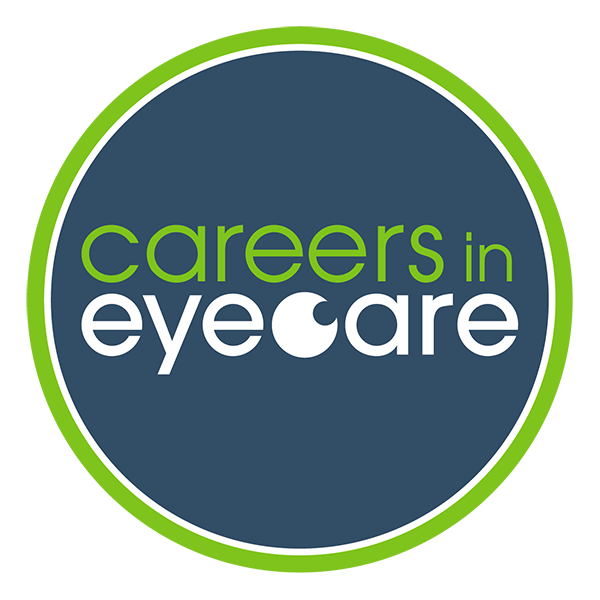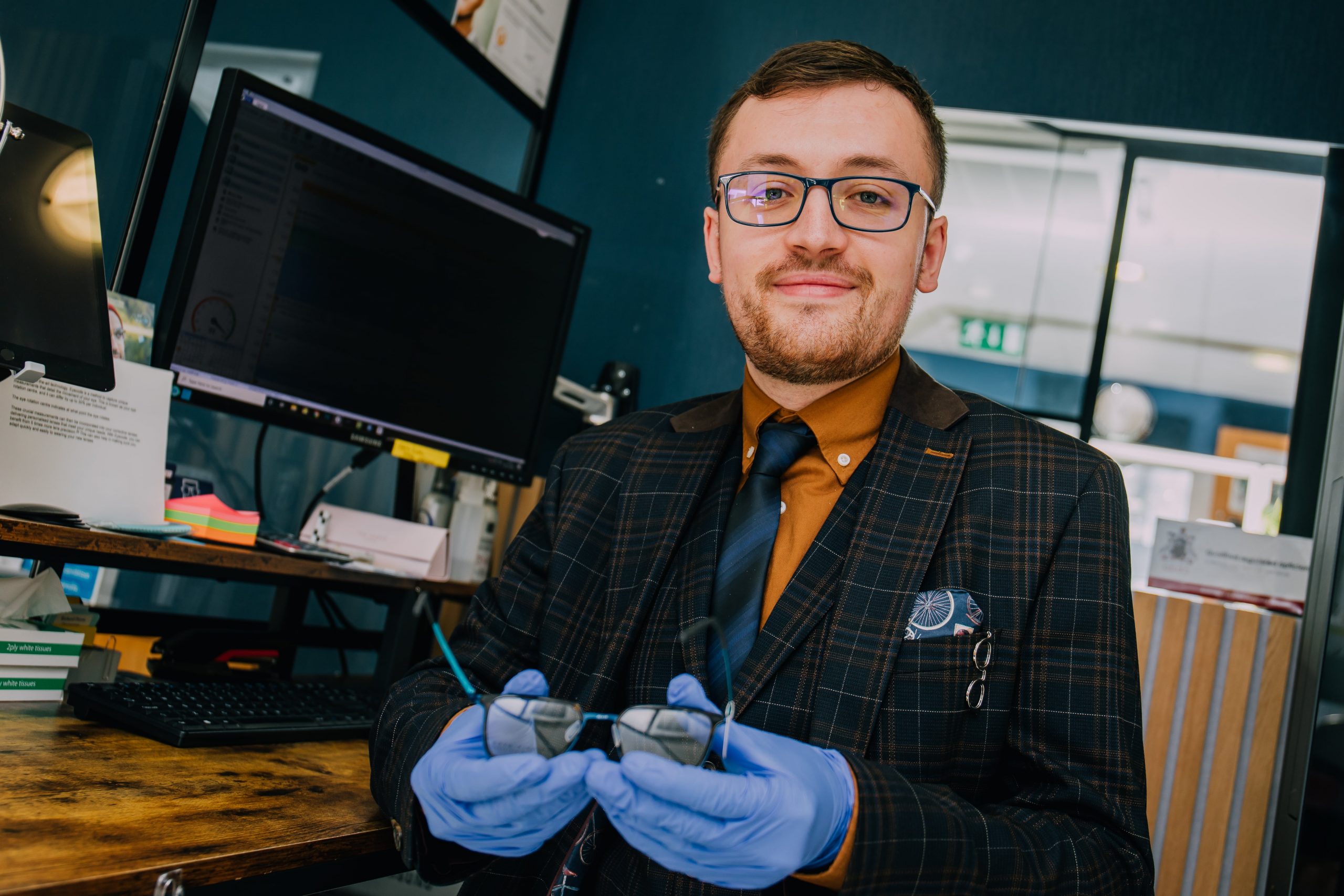Matthew tells us about his new role as a qualified DO.
What do you start with every day?
I start every day by checking my emails. It’s a straightforward task, and I don’t necessarily deal with every one of them straight away, but it’s good to get an idea of any updates from colleagues the day before that I may need for the day, or any updates with suppliers, or even contact from patients.
If anything does need actioning, then I have time before the clinic starts to plan these tasks into the day’s diary, meaning that there’s no rush or last-minute messing around. It also can take a weight off the rest of the workday, so that when any more emails undoubtedly arrive later, I can also chip away at them. And it allows the morning brain to wake up at an easier pace.
If in the extremely rare situation where there are no emails, it does tend to be a much-needed hot drink to start the day instead!
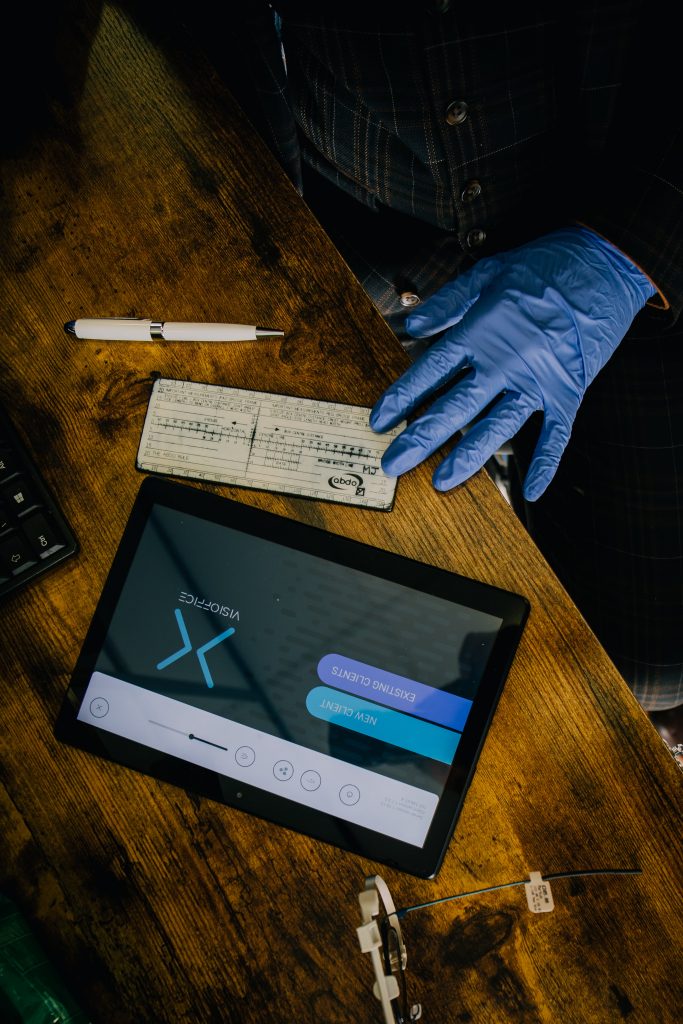
What do you love about your job?
For me, without sounding cheesy, I really feel like I’ve found my calling in my career. This was my first full-time job after college when I started my course, almost 10 years ago now, and every day you meet so many different people, each with their own lives that you’re then given a snapshot of.
Being able to give people that time and attention, and to be able to give them something that the feel great and confident in and can even solve issues that they may not even know they had, is such a rewarding experience.
We’ve started offering a one-to-one styling service where I am based now and having the ability to give an even more personalised service has been extremely fulfilling, especially seeing patient’s individual confidence grow.
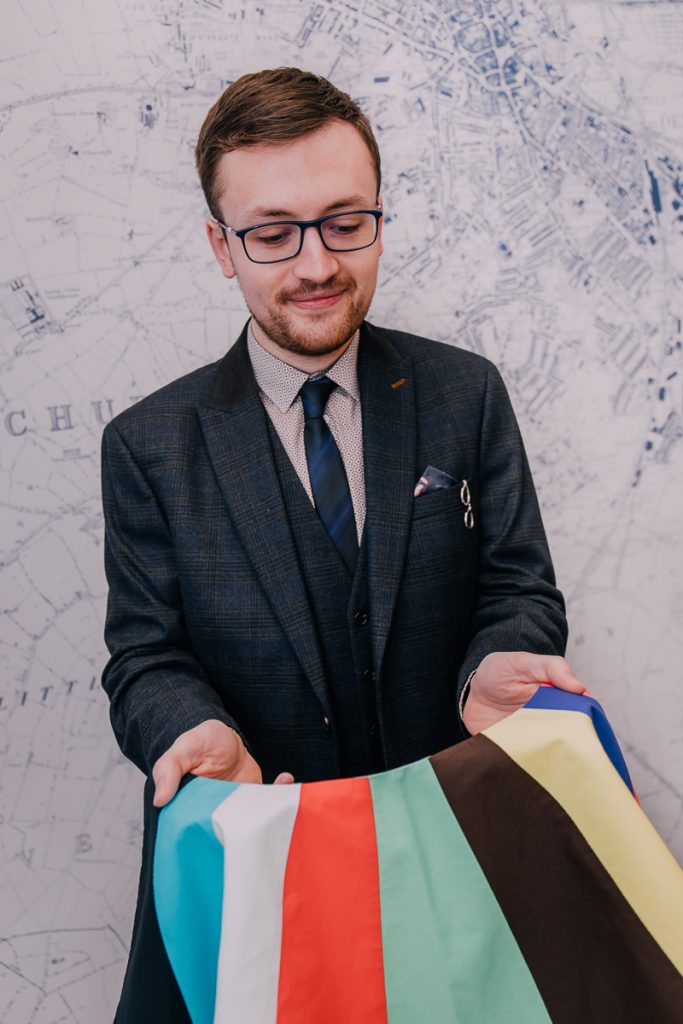
Second to that, the technical side is what drew me to the role in the first place. Getting hands on repairing broken and bent glasses and learning more about what goes into getting people seeing again still amazes me even now, as well as seeing what next big advancement could be just around the corner.
What are the challenges?
It can be difficult dealing with situations where patients are told about a decline in their vision or health, as naturally you want to be able to help everyone the best you can. Being that point of contact for a patient, or even their family, during what can be very difficult times, can be a strain on everyone, both in the practice and out.
Technology is always advancing though, so there are always an ever-growing range of available options that we can offer patients. Sometimes, some solutions work on paper but not necessarily in person but troubleshooting and working through the issues with each patient is part of why my role exists, and why I was driven to complete my course and qualify as a DO.
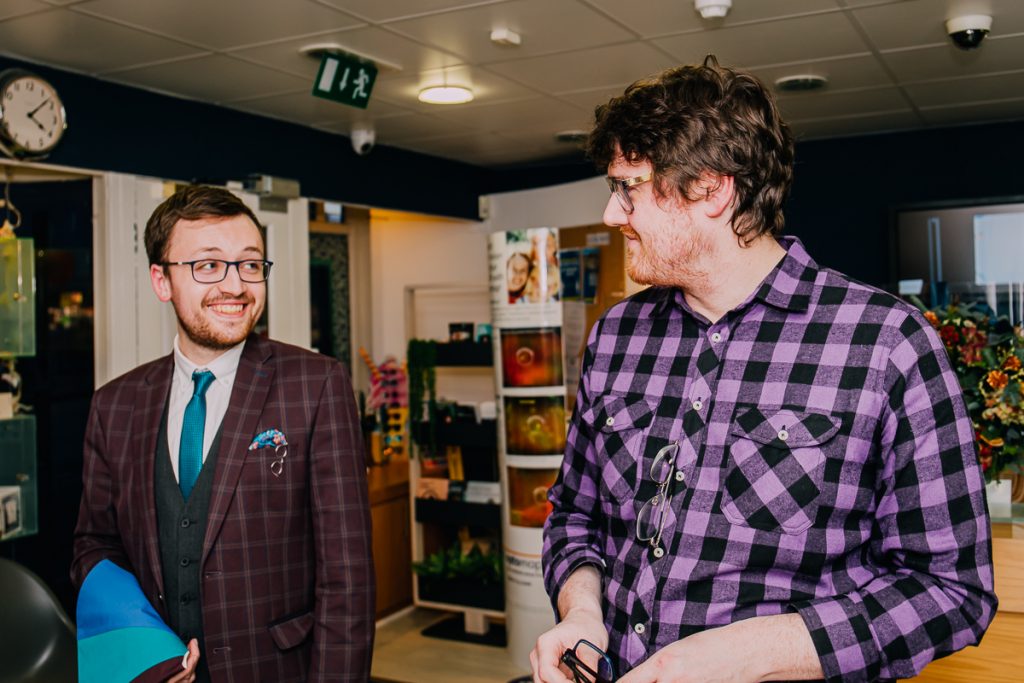
What do you do to wrap up the day and prepare for the next one?
I always try to complete as much of the individual day’s tasks as possible, to try and minimise any “bleed” into the next day. It of course doesn’t always go to plan, but it does help, even slightly. The most effective piece of advice I had, came from my wife, which was to try and keep my workspace tidy and organised.
After getting into the habit at the end of the day to “reset” my desk, it’s helped keep me a lot more organised in general. You don’t realise how much an untidy workspace can really stress you out! It allows my mornings to start a lot easier now and lets me start each day fresh and ready to go, yet also it allows me to know exactly where things are, without digging around under a desk which doesn’t always look that professional.
